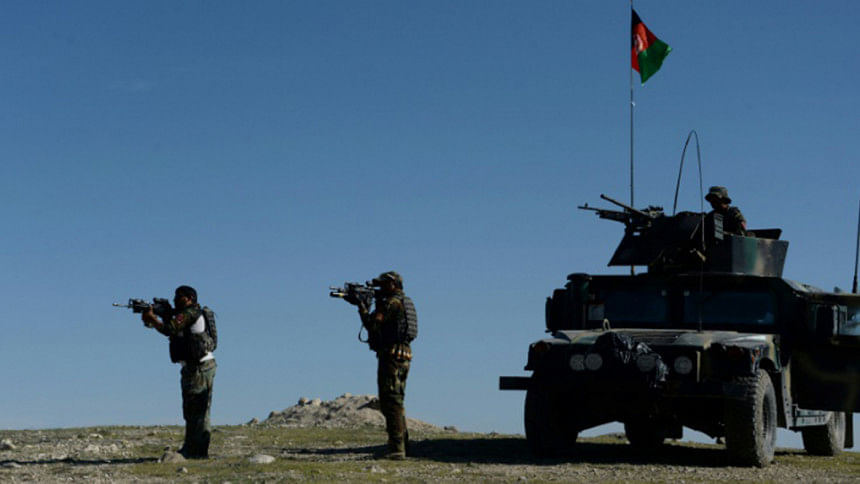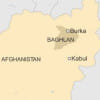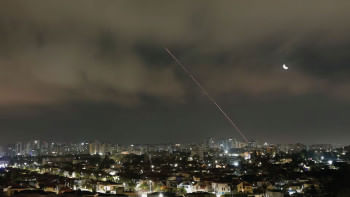Afghan Taliban announce start of 'spring offensive'

The Afghan Taliban announced Friday the start of their "spring offensive", saying they would target foreign forces in the country, heralding a fresh round of fighting in the drawn-out conflict.
Operation Mansouri -- named after the group's former leader who was killed in a US drone strike in May 2016 -- will use strategies from "conventional attack to guerrilla operations", the statement said.
"The key objective... will be the foreign forces, their military infrastructure and intelligence, and the elimination of their local mercenaries," the extremist group said in a statement.
"The enemy will be targeted, harassed, killed or captured until they abandon their last posts."
The annual spring offensive normally marks the start of the "fighting season", though this winter the lull was shorter and the Taliban continued to battle government forces.
The Taliban warned of further "suicide attacks, complex attacks and inside attacks" by soldiers or police turning against their peers.
Last week, they staged what is believed to be the deadliest-ever Taliban attack on a military installation, which left at least 135 recruits dead,
Authorities have arrested 35 soldiers as fears grow the Taliban had inside help.
The gunmen were dressed in army uniforms and had valid passes to the base, fuelling suspicions of complicity on the 30,000-strong base, where Western instructors are sometimes called on as part of NATO's training, assistance and advisory mission.
So-called insider attacks -- when Afghan soldiers and police turn their guns on their colleagues or on international troops -- have been a major problem during the war, which began in 2001.
Both the Afghan defence minister and his army chief resigned following the attack.
It is not clear whether the announcement of the spring offensive will lead to an immediate escalation in fighting.
US warning
Earlier this month, the American military dropped its largest non-nuclear bomb on Islamic State group hideouts in eastern Afghanistan, killing nearly a hundred militants.
It was the first time the US military's GBU-43/B Massive Ordnance Air Blast, dubbed the "Mother of All Bombs" had been used in combat. The target was IS hideouts in the Achin district of Nangarhar province.
The bombing aimed to erode IS's capabilities in Afghanistan, but it was also seen as a warning to the much bigger Taliban group.
The attack triggered global shockwaves, with some condemning the use of Afghanistan as what they called a testing ground for the weapon, and against a militant group that is not considered as big a threat as the resurgent Taliban.
US-led NATO troops have been at war in Afghanistan since 2001, after the ousting of the Taliban regime for refusing to hand over Osama bin Laden following the 9/11 attacks in the United States.
The US has around 8,400 troops in the country with about another 5,000 from NATO allies, as efforts to negotiate a lasting peace settlement between Kabul and the Taliban have repeatedly fallen through.

 For all latest news, follow The Daily Star's Google News channel.
For all latest news, follow The Daily Star's Google News channel. 








Comments